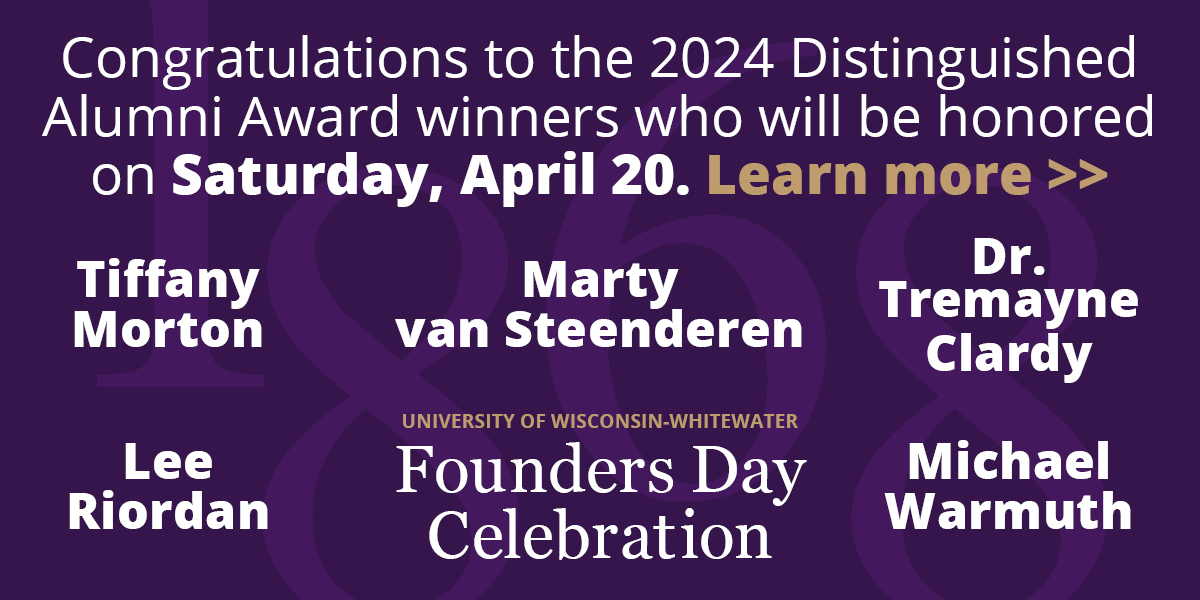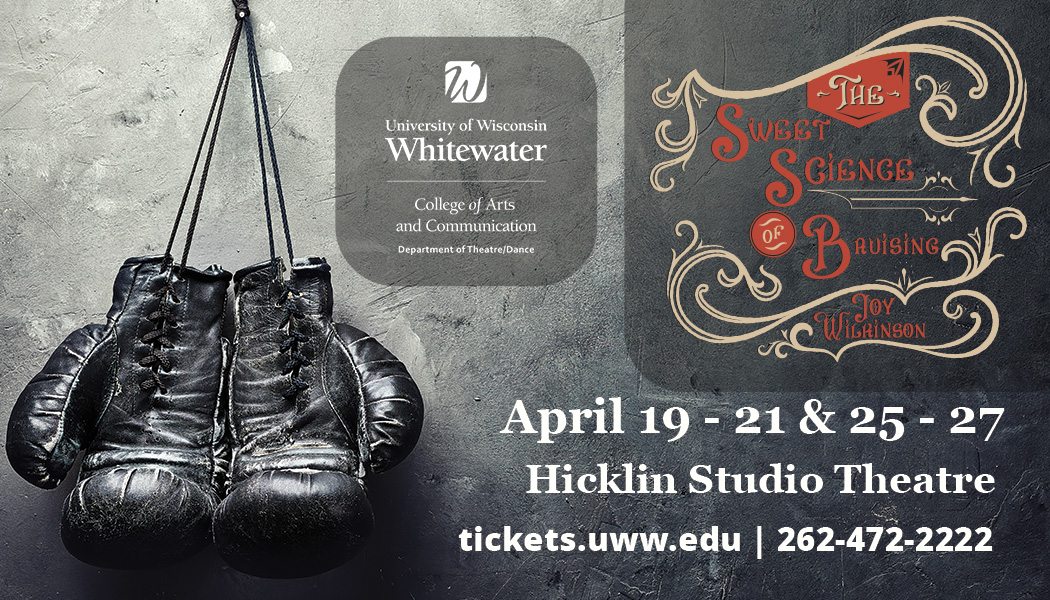The dust has yet to settle from last Tuesday’s presidential election. President Obama was re-elected due to a dominant performance in the battleground states.
In 2008, Obama won every battleground state. This election, he won every battleground state except North Carolina. Indiana was the only other state the president did not win again this year.
Before the election, many pundits, pollsters and analysts expected a close election. So close, in fact, that some were predicting a repeat of the 2000 election. In that infamous election, Al Gore won the popular vote, but George W. Bush won the electoral vote and the election.
The fact that more Americans can vote for a man and not have him clinch a victory seems fundamentally wrong.
When the Founding Fathers of our country designed the Electoral College at the Constitutional Convention, they dismissed the popular vote because they thought states would only vote for presidential candidates from their own region or state.
If we changed from the Electoral College system to the popular vote, every American’s vote would count equally. Many argue that it already does, but with the Electoral College, that is just not true.
A Democrat in Texas has no chance at making an impact on the election. Texas is consistently a state that “votes red,” and a Democrat who votes for president will be drowned by the Electoral College victory for the Republicans.
The same goes for a Republican in California. California and its 55 electoral votes consistently vote for Democrats in presidential elections.
If the popular vote decided the presidential election, every American’s vote would count toward their candidate. Whether the voter is a Democrat in a state dominated by Republicans or a Republican in a “blue state,” an individual’s vote would be one small step toward victory for the candidate they support.
The popular vote is more practical. If more Americans vote for candidate A than candidate B, candidate A should be president. It’s that simple.
One criticism of the popular vote is that candidates will only focus on the states with the highest population. However, that criticism seems flawed since candidates already sharpen their focus on the highly coveted battleground states. They shape their policies to cater toward these states.
Wisconsin was a key battleground state in this election. We couldn’t watch TV or listen to the radio without seeing or hearing political ads.
We were visited by both presidential candidates and a number of other key political figures. All were here with the same goal: persuade as many people as possible to vote for them or the candidate they support.
Non-battleground states are seldom visited by presidential candidates, because they are seen to vote for one party consistently. Oklahomans, who generally vote Republican, didn’t see one presidential ad or visit from either candidate during the campaign days leading up to the election.
Candidates prefer to spend time in states that have a high number of electoral votes and don’t always vote for the same party.
With a popular vote, the candidates wouldn’t just focus on the densely populated states like New York and California but regions as a whole. This way, every state might get a visit from a candidate.
Candidates also would be forced to make their policies benefit every corner of America, not just the states that are key to winning a term in the White House.
The math is simple: whichever candidate gets more votes wins. Majority should rule, not electoral votes.












